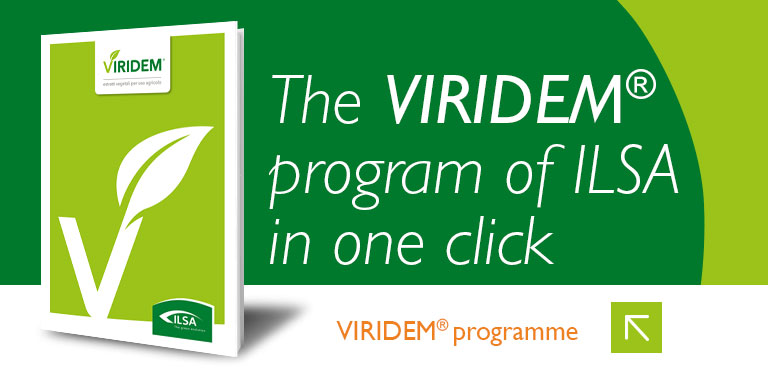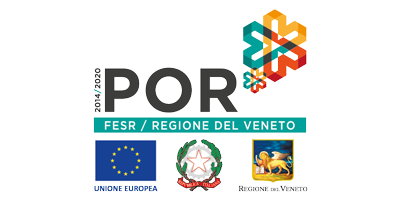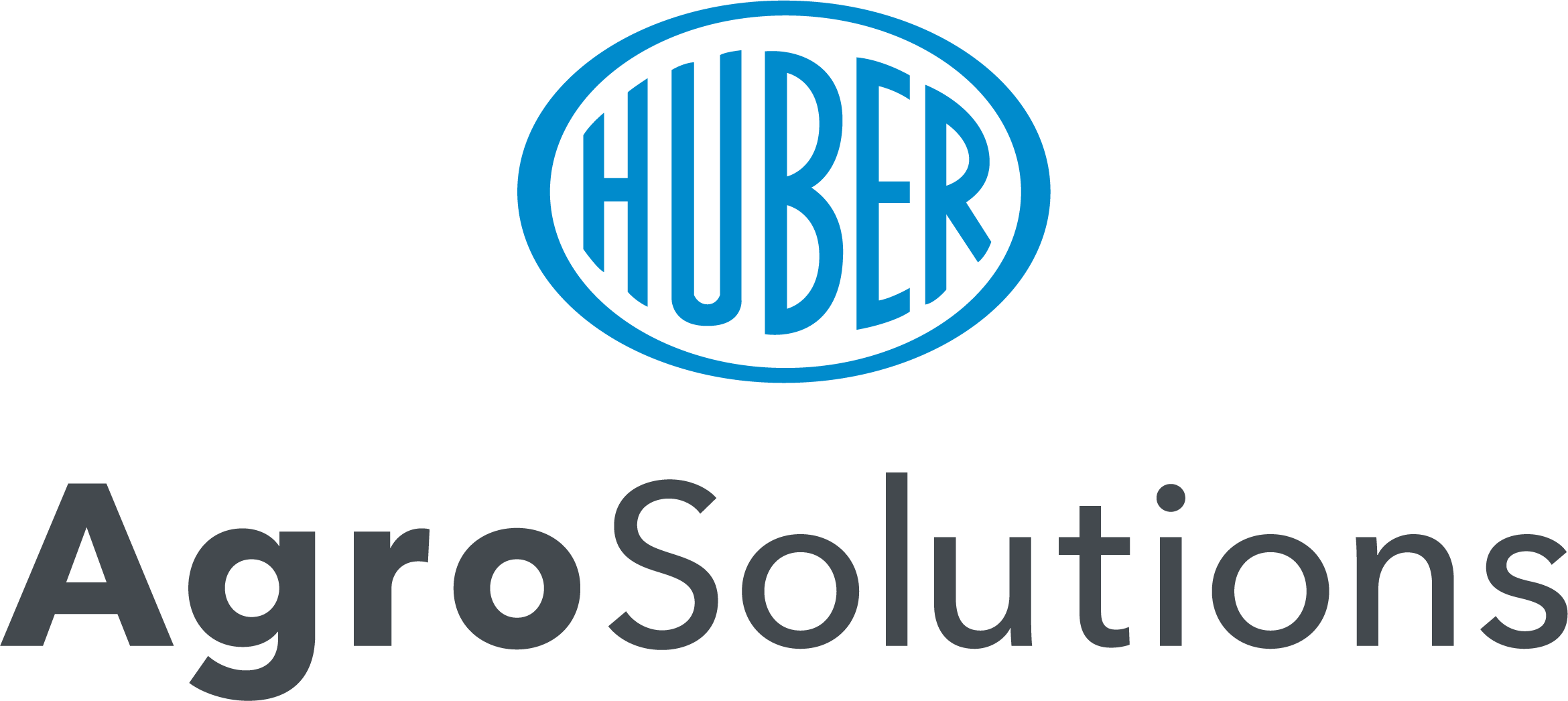News and Events
ILSA strategies to counterbalance the rise in fertilizer prices
12/07/2022
Following the Russian-Ukrainian conflict that caused frightening increases in energy prices, this spring the farmers found themselves faced with a challenge: to bear or not bear the higher costs for spring fertilization in a moment of reduced profitability of their businesses? ILSA responded by adopting a strategy to improve its resilience while helping the agricultural supply chain in this complex moment.
IInvesting in research: ILSA has believed in the development of special liquid products for fertilization and bio-stimulation, which have been able to mitigate the failure to administer expensive mineral-based products to crops. This helps in developing a line of effective formulations at reduced doses that help crops against abiotic stress, making them more resistant and productive.
A new global and sustainable business model: ILSA with the GAP Global Amino acids Production programme (ILSA was awarded Brilliant company 2022 by the Kotler Impact for its sustainable marketing) has decided to source raw materials to make its organic nitrogen fertilizers in countries where they are available, such as Egypt, where the start of a new industrial plant has increased the number of liquid products available to European farmers.
Advance reservations. In a context of great fluctuation in prices, ILSA has decided to allow its clients the reservation of the stocks of fertilizers and biostimulants: in this way, the clients are able to guarantee the availability of the products and decide, at a later time, whether or not to finalize the purchase.
ILSA is completely in line with what is reported in the “Agricommercio e Garden Center” May 2022 issue by Claudio Ciavatta from the Department of Agro-Food Sciences and Technologies of the University of Bologna, according to whom, in the face of a crisis such as the actual one, “More research per hectare” is required and will also be possible through the funds of the NRRP. Professor Ciavatta also hopes for a better understanding of the release kinetics of fertilizers which is, in fact, what ILSA has been studying for decades, allowing it to provide farmers with the exact size of nutritional inputs to crops over time. The professor also invites us to move forward decisively for the development of plant-based biostimulants, which in ILSA are already a reality capable of bringing great innovation for a more efficient and sustainable agriculture.





.png)
















